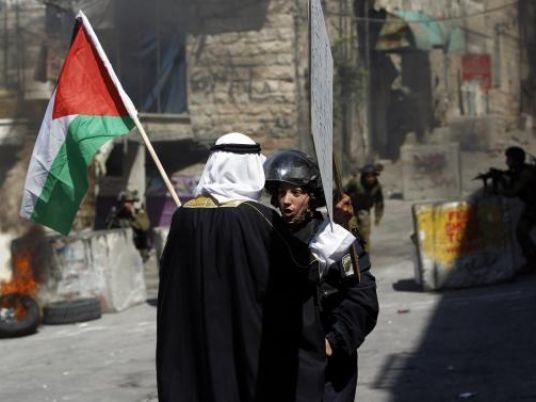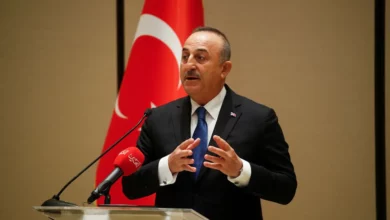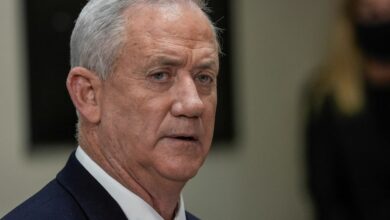
Jordan formally submitted to the United Nations Security Council on Wednesday a draft resolution calling for peace between Israel and the Palestinians within one year and an end to Israel's occupation of Palestinian territories by the end of 2017.
The Palestinian-drafted resolution was formally submitted to the 15-member council, which means it could be put to a vote as soon as 24 hours later, but it does not guarantee it will happen. Some drafts formally submitted have never been voted.
Diplomats say negotiations on the text could take days or weeks. Jordan's U.N. envoy Dina Kawar said she hoped the council could reach a unanimous decision on the resolution.
An earlier Palestinian draft informally circulated to the council in October called for an end to Israeli occupation of Palestinian territory by November 2016, but the United States and others found this text unacceptable.
Nine votes are needed to adopt a resolution, which would then force the United States, a close ally of Israel, to decide whether to veto it. U.S. Secretary of State John Kerry said on Tuesday the United States had made "no determinations about language, approaches, specific resolutions, any of that."
France, Britain and Germany are also drafting a resolution, which French Foreign Minister Laurent Fabius said would propose concluding peace talks in two years. Other parameters for ending the conflict would also be set, diplomats said. The submitted Palestinian draft appears to reflect some European ideas.
Palestinians seek statehood in the Israeli-occupied West Bank and blockaded Gaza Strip, with East Jerusalem as their capital – lands captured by Israel in a 1967 war.
The draft resolution submitted on Wednesday states that a negotiated solution should be based on several parameters including the 1967 borders, security agreements, and "Jerusalem as the shared capital of the two States which fulfils the legitimate aspirations of both parties and protects freedom of worship."
The text also "calls upon both parties to abstain from any unilateral and illegal actions, including settlement activities, that could undermine the viability of a two-state solution."
Israel accepts the "two-state solution" of an independent and democratic Palestinian state alongside Israel, but has not accepted the 1967 borders as the basis for final negotiations, citing security and other concerns.
Israeli Prime Minister Benjamin Netanyahu said on Monday that he had sought reassurances from Kerry that Washington would block efforts to adopt U.N. Security Council resolution.




